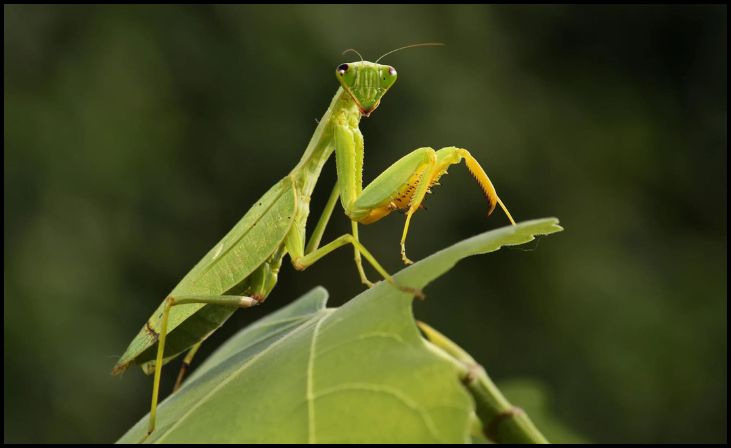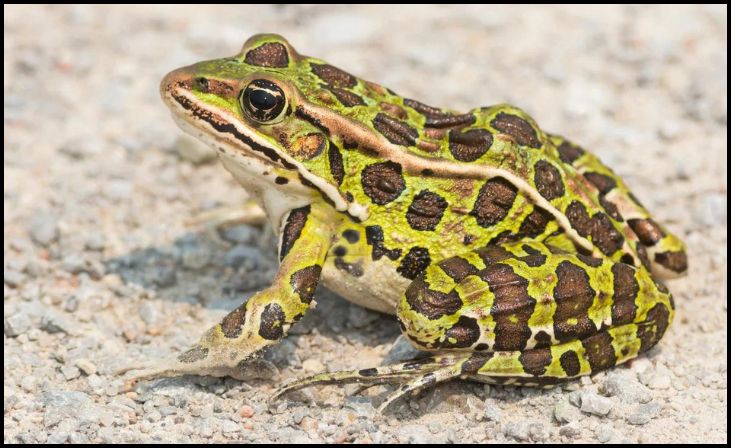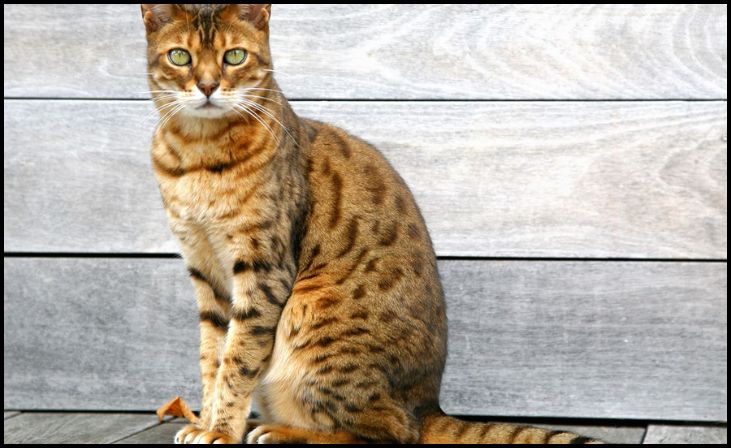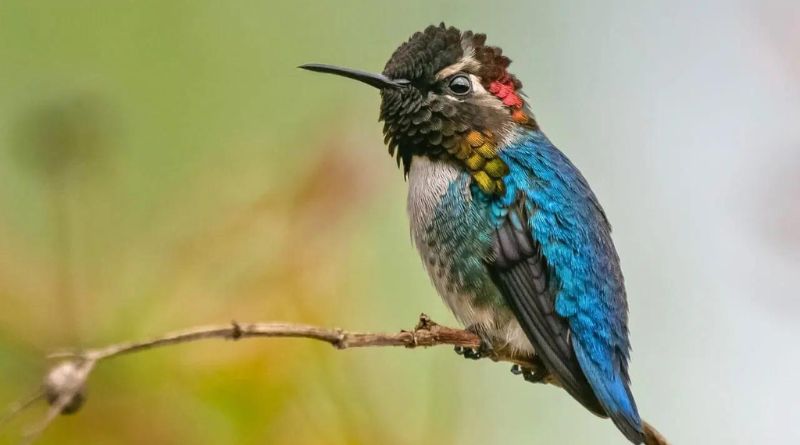Hummingbirds, known for their vibrant plumage and rapid wing beats, are fascinating creatures that captivate bird enthusiasts and nature lovers alike. Despite their delicate appearance and swift maneuvers, these tiny birds face numerous threats in the wild. Surprisingly, some of their predators are not what you might expect. Here are eight unexpected predators of hummingbirds:
1. Praying Mantises

Praying mantises, often associated with gardens and flower beds, are stealthy and efficient predators. They can ambush hummingbirds by camouflaging themselves among flowers. With their powerful forelegs, mantises can grab and kill a hummingbird, despite the bird’s agility and speed.
2. Orb-Weaver Spiders
Orb-weaver spiders construct large, intricate webs that can trap hummingbirds. While these spiders typically prey on insects, a hummingbird caught in their web can become a meal. The spider’s venom can immobilize the bird, making it easier to consume.
3. Large Dragonflies
Dragonflies, particularly larger species, can prey on hummingbirds. They use their speed and agility to catch the birds mid-flight. Once caught, a dragonfly can use its powerful mandibles to consume the hummingbird, making it a surprising but effective predator.
4. Frogs

Certain species of frogs, especially those that are larger, have been known to eat hummingbirds. These amphibians typically catch hummingbirds when they come to drink from water sources. The frog’s quick strike can capture the unsuspecting bird.
5. Lizards
Lizards, particularly those in tropical and subtropical regions, can pose a threat to hummingbirds. They often wait near feeding sites and catch hummingbirds off-guard. Some lizards, like the green anole, are adept climbers and can ambush hummingbirds from trees and shrubs.
6. Fish
Large fish, such as bass or catfish, have been documented eating hummingbirds that come too close to the water surface while drinking or bathing. These opportunistic predators can snatch the birds with a swift leap.
7. Snakes
Snakes, including tree-dwelling species, can capture hummingbirds. These reptiles often wait in flowers or near feeders, striking with precision. Some snakes have even adapted to hunt birds specifically, making them a significant threat to hummingbirds.
8. Domestic Cats

While not a wild predator, domestic cats are one of the most common threats to hummingbirds. Outdoor cats can catch hummingbirds visiting gardens and feeders. The birds’ small size and rapid movements are no match for a cat’s predatory instincts.
Protecting Hummingbirds from Predators
While it’s impossible to eliminate all threats to hummingbirds, there are steps you can take to protect them:
- Place feeders strategically: Hang feeders away from dense foliage where predators can hide.
- Use baffles: Install baffles on poles to deter climbing predators like snakes and cats.
- Regularly inspect feeders: Ensure that feeders are clean and free from webs or insects that could attract predators.
- Create safe spaces: Plant hummingbird-friendly flowers in open areas where they have a clear line of sight.
By understanding the unexpected dangers that hummingbirds face, you can better appreciate their resilience and take proactive measures to safeguard these enchanting creatures.




